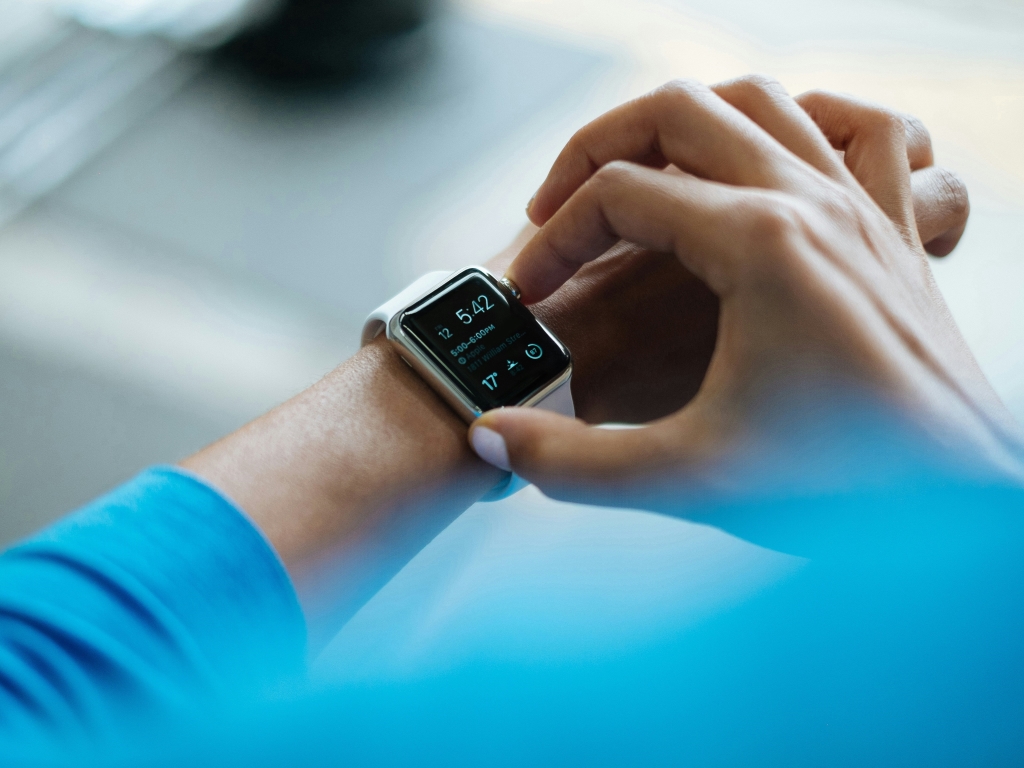The ongoing COVID-19 pandemic has greatly accelerated the adoption of wearable technology in healthcare, specifically in the areas of remote monitoring and telemedicine. Wearable devices such as smartwatches and medical-grade gadgets are now critical tools for managing chronic conditions like diabetes, providing real-time monitoring and data analysis.
For instance, Apple Watch users can now access glucose data directly from older DexCom continuous glucose monitoring (CGM) devices, eliminating the need for data relay through iPhones and providing instant access to critical health information. This is just one example of how wearable technology is revolutionizing healthcare practices, allowing patients to take a more proactive approach to managing their health.
The wearable technology market is expected to see significant growth in the coming years, driven by innovations in hearables and smartwatches. By 2030, the market is projected to reach a value of $290.6 billion, up from $99.5 billion in 2022. Advances in AI are also enhancing wearable devices, offering more interactive and intelligent features that enable users to better manage their health and well-being.
One notable example of this trend is the latest Dexcom G7 device, which showcases direct Bluetooth connectivity with smartphones and Apple Watch for real-time glucose monitoring. This technology is transforming diabetes management by promoting a connected and proactive approach beyond the challenges of the pandemic.
As healthcare professionals and patients continue to embrace these technologies, the landscape of healthcare is evolving to make monitoring and managing chronic conditions more efficient and accessible than ever before. Wearable technology is playing a crucial role in this transformation, empowering individuals with greater control over their health and well-being.

:quality(75)/cloudfront-us-east-1.images.arcpublishing.com/elcomercio/7SF4HBPCFREWJN4HWTFQN5ETOQ.jpg)

